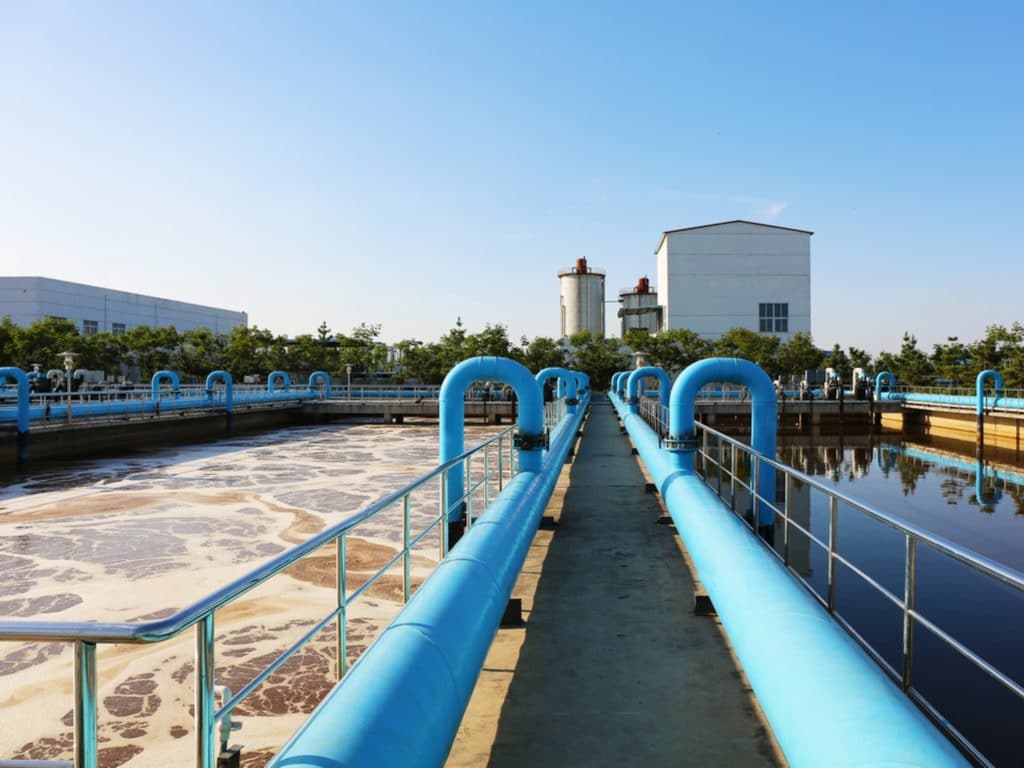The African Development Bank (AfDB) and the European Bank for Reconstruction and Development (EBRD) have agreed to finance the sanitation programme for small municipalities with less than 10,000 inhabitants in Tunisia. The two financial institutions will inject a total of €150 million into the programme, which will cover 19 of the 24 governorates in North Africa. It is no news since the two banks have already announced separately in October 2018, their intention to support the Tunisian government on this project.
Their joint commitment was the subject of an agreement signed on January 8, 2019 in Tunis, the capital, with the Tunisian Ministry of Development, Investment and International Cooperation (MDICI) and the National Sanitation Office (Onas). The latter will be responsible for the implementation of the programme in the field.
More than 200,000 people concerned
The sanitation programme for small municipalities with less than 10,000 inhabitants in Tunisia aims to develop sanitation infrastructure such as primary and secondary networks, transfer networks, pumping stations and water treatment plants. It will also consist of capacity building and institutional support.
In concrete terms, Onas will build 30 new pumping stations and 24 new wastewater treatment plants in the 33 small municipalities covered by the programme. These infrastructures must be connected to the existing sewerage network. The programme also provides for the network to be extended by 862 km. According to the AfDB, “this improvement will help reduce environmental pollution and health risks associated with the current level of sanitation services. It will also increase the volume of treated wastewater by 7.71 million m3 per year with greater availability of usable water in the region.
The EBRD’s financing for this project amounts to €66.5 million. The European financial institution has made its loan conditional on technical support. The aim is to provide Onas with assistance in the design of a comprehensive set of support measures for the implementation of the decisions required under the Environmental and Social Action Plan. It is also committed to the participation of the private sector, including the implementation of public-private partnerships. On this programme, particular attention will be paid to the governorates of Bizerte, Béja, Kef, Jendouba and Silian. The level of access to drinking water and sanitation in these areas is very low due to the limited quantity of groundwater aquifers.
Jean Marie Takouleu
